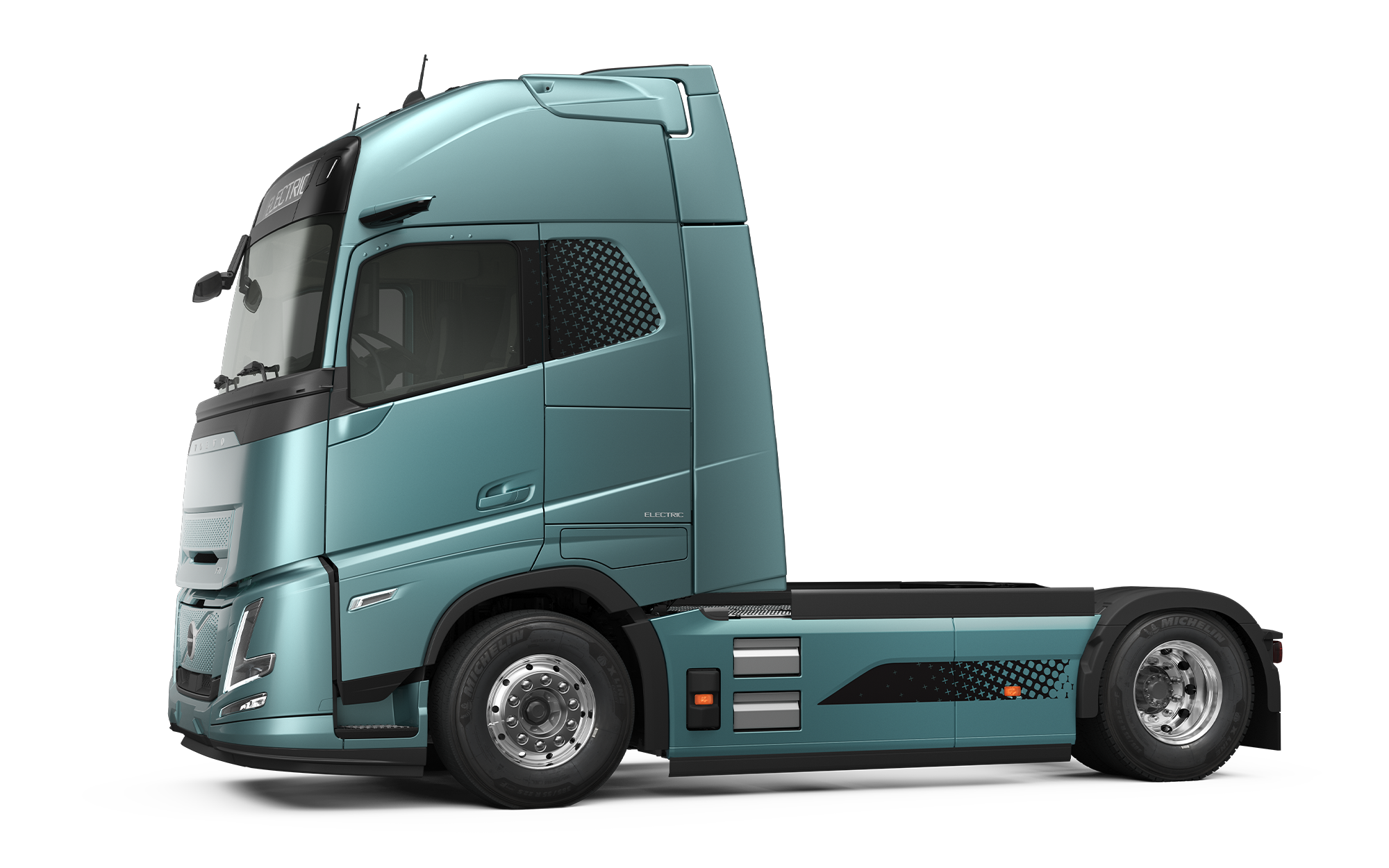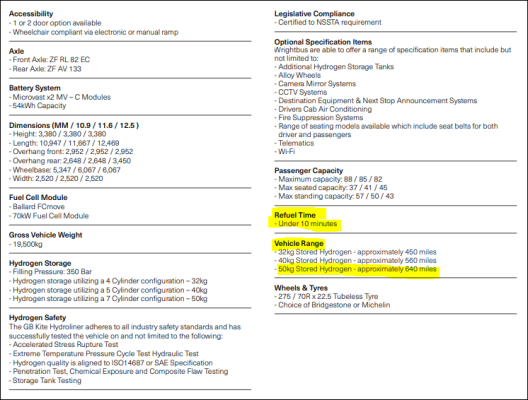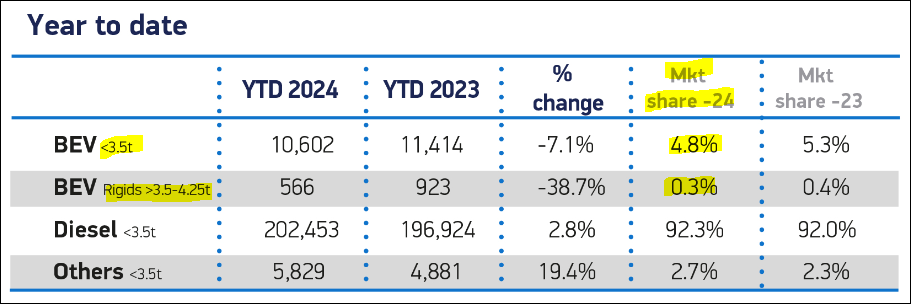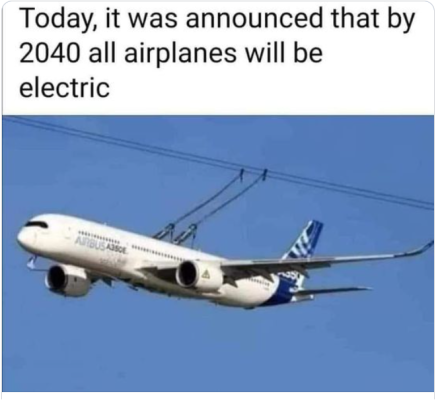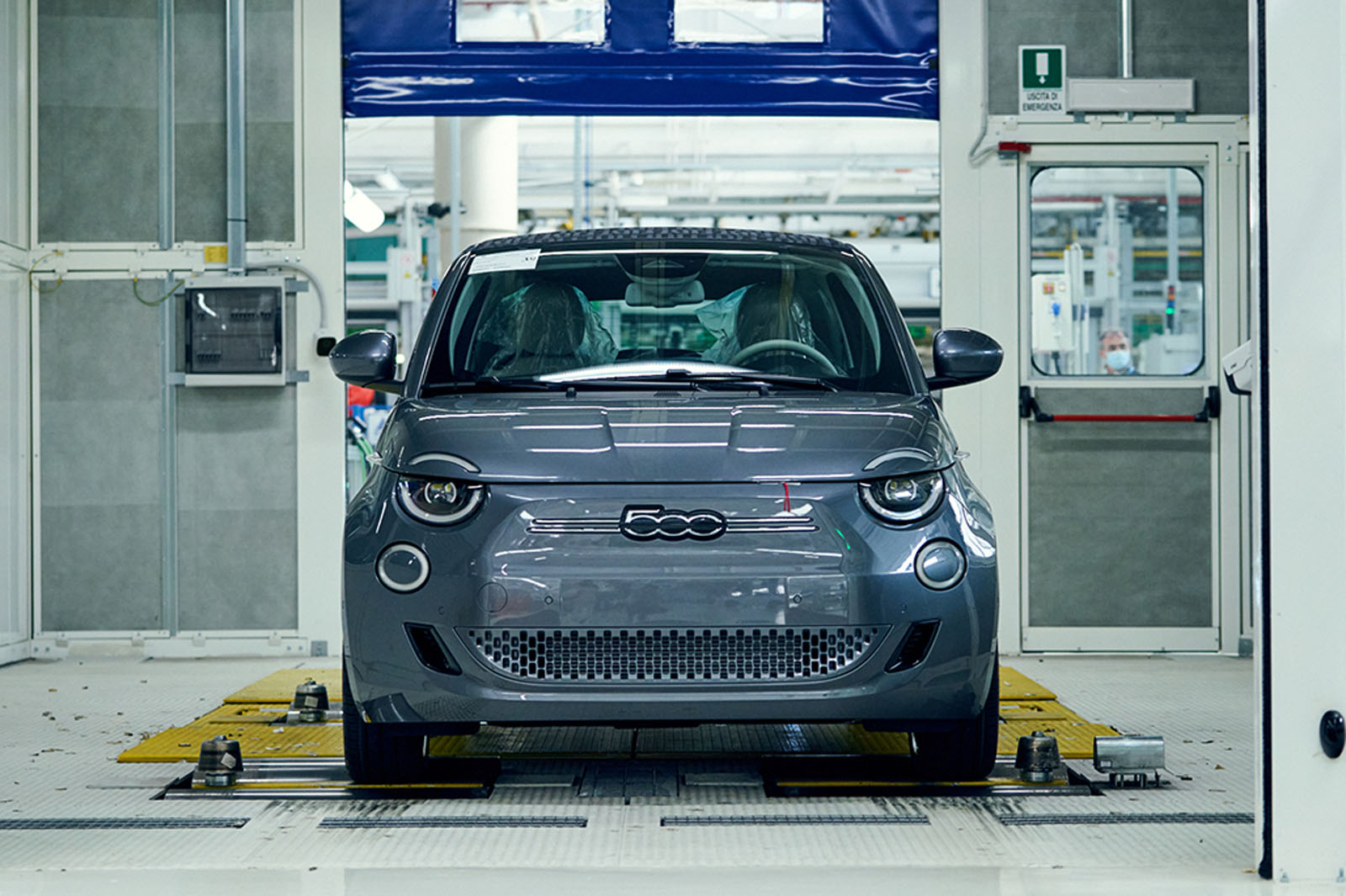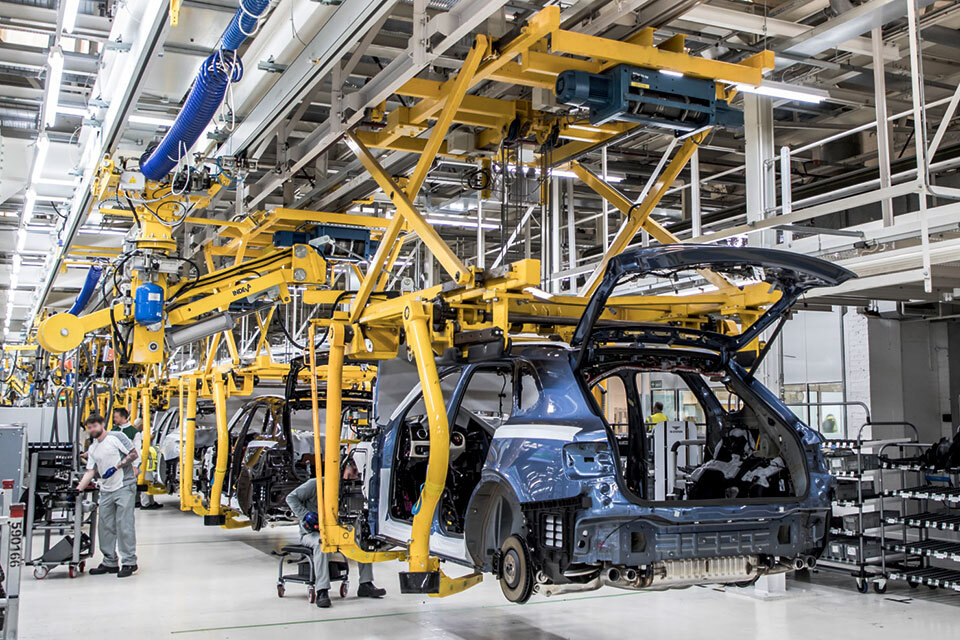Really?.......well if you make it in a country that's 100% renewable power then possibly....
Obviously that is the circumstance in which synthetic fuels are to be produced. So obvious, I didn't think it needed stating.
.buy if you think of the qualities required and the MASSIVE amounts of power it takes to make its just not realistic until we have more renewable power than we know what to do with.
A great deal of which is in the hydrogen production - which, at least, it can be made storable as a liquid fuel.
Then of course you need to transport it in carbon neutral vehicles....to fuel stations, use electricity to pump it into cars..
Yep, carbon neutral fuelled vehicles and a meagre amount of electricity to pump it. Unlike hydrogen that compressing it to have half a chance of storing it consumes one third of its energy value - wasteful.
.whereas electricity is easy to get from A to B.
Kinda overlooks the massive carbon footprint associated with installing the generating, distribution and storage infrastructure for electrification on the required scale.
One of those things where theory is rather better than reality.....and its certainly not carbon neutral in use.
How can you comment on a 'reality' that doesn't exist?
Synthetic fuels share the same chemical properties as conventional petrol and diesel. This means they still release toxic gasses into the atmosphere when burned. While some synthetic products generate fewer particulates, gases like carbon dioxide (CO2), sulfur oxide (Sox) and nitrogen (NOx) are still released.
Yes we know that. But with bio-fuels CO2 is absorbed in the growing, with synthetic fuels CO2 is removed from the atmosphere and when the hydrogen production is green, both fuel types
are carbon neutral. And, as has been stated before, with the pressure off of minimising CO2 production (though it shouldn't be disregarded) engines that are zero/low NOx emitters is easily possible. Sulphur is a fossil fuel thing - not bio or synth. Particulates aren't a climate change concern but a health one and only then on account of what attaches to them (mainly due to the diesel combustion system).
The bigger risk is that the envisaged electrification falls short and the shortfall is made up with continued fossil fuel use. Bio-fuels and ICE are known technologies that only need be expanded. Synthetic fuel is the technology to master as it is the only viable method of energy storage - other than batteries which have enough drawbacks to make seeking alternatives prudent.
Further, bio and synthetic fuels can be utilised in countries where electrification will take decades longer than in the developed world. Without them, those countries will continue to pollute with fossil fuels.
 www.lubesngreases.com
www.lubesngreases.com


